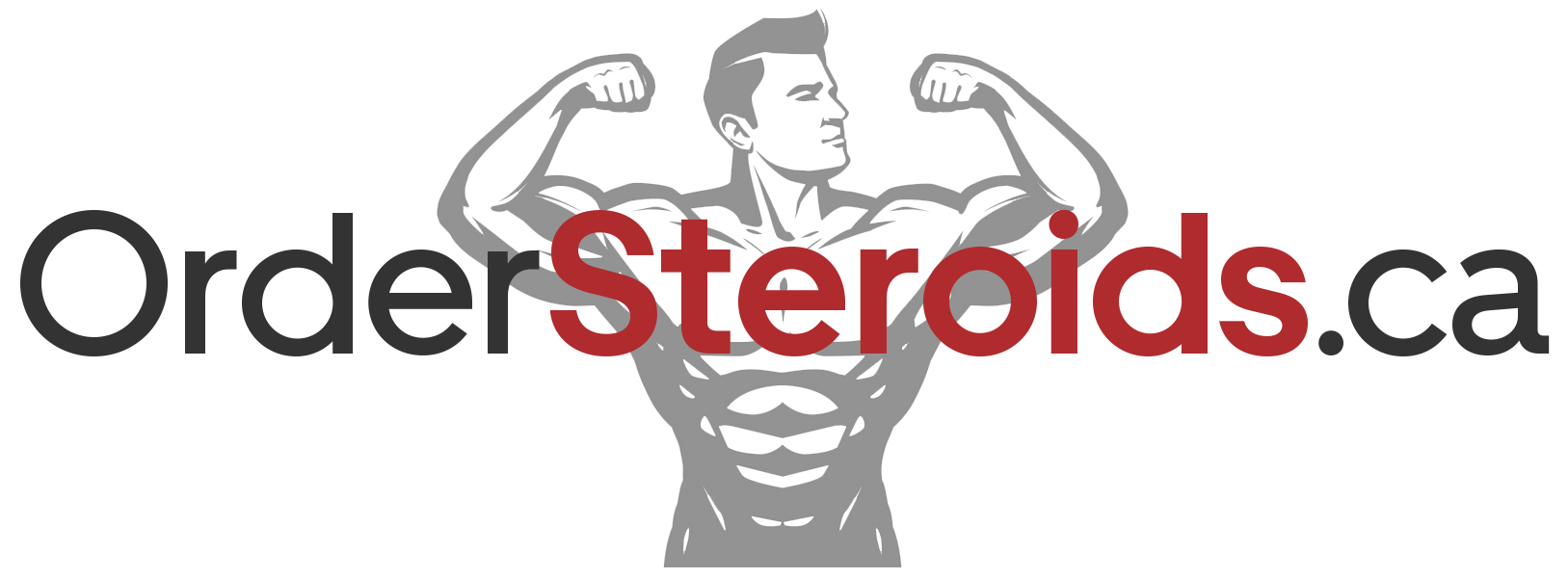FREE SHIPPING ON ORDERS $99+ | SAME DAY SHIPPING ON ORDERS PLACED BEFORE 12PM PST
Estrogen levels in the body can be reduced with the help of medications or dietary supplements referred to as estrogen blockers. The development and maintenance of female reproductive organs as well as secondary sex characteristics require the estrogen hormone. It is produced in small amounts by males as well, and it aids in the regulation of the menstrual cycle and other biological functions.
There are many different types of estrogen blockers, two examples of which are selective estrogen receptor modulators (SERMs) and aromatase inhibitors. SERMs are medications that bind to the body’s estrogen receptors and stop estrogen from exerting the desired effects. The enzyme aromatase is prevented from converting androgens (male hormones) into estrogen by medications referred to as aromatase inhibitors.
Reasons Why Some People Use Estrogen Blockers
The use of an estrogen blocker is rationalized in a wide variety of situations. Estrogen blockers are widely used to treat breast cancer in female patients because estrogen can stimulate the growth of some breast cancer cells. They are occasionally used to treat other conditions such as uterine fibroids and endometriosis. Estrogen blockers can be used to treat gynecomastia, a condition in which the breasts enlarge in males.
Estrogen blockers have a number of physiological effects on the organism. Several estrogen blockers’ potential negative effects include the following:
- Reduced menstrual flow: Because estrogen controls the menstrual cycle, estrogen blockers may cause a decrease in menstrual flow as a side effect.
- A long-term shortage of estrogen raises the risk of osteoporosis and changes in bone density. Estrogen helps to preserve bone density. Estrogen blockers may cause a decrease in bone density, increasing the risk of fractures.
- Breast size reduction: Because estrogen plays a role in the development of breast tissue, estrogen blockers may induce a reduction in breast size.
- Elevated cholesterol: Both estrogen and estrogen blockers have the capacity to raise cholesterol.
- Mood changes: Because estrogen controls mood, taking an estrogen blocker may make you feel nervous or depressed.
Estrogen Blocker Side Effects
Estrogen blockers might have other impacts on the body, depending on the specific drug or dietary supplement taken and the person’s unique biology. It’s important to be aware of any hazards and negative effects prior to utilizing them.
Because of its potential side effects, estrogen blockers should only be used under the supervision of a medical expert. Several estrogen blockers’ negative consequences include the following:
- Estrogen blockers may increase the risk of blood clots, which can be dangerous if they travel to the brain or lungs.
- Increased risk of stroke: Estrogen blockers may increase stroke risk, particularly in female smokers and people with high blood pressure.
- Estrogen blockers may increase the risk of heart attack, particularly in smokers and people with high blood pressure.
- Estrogen blockers may increase the risk of breast cancer, according to certain research, despite the lack of convincing data in support of this claim.
- Estrogen blockers may cause bone density to decline, increasing the risk of fractures.
